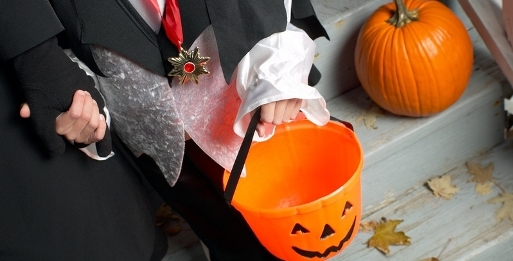-
Tips for becoming a good boxer - November 6, 2020
-
7 expert tips for making your hens night a memorable one - November 6, 2020
-
5 reasons to host your Christmas party on a cruise boat - November 6, 2020
-
What to do when you’re charged with a crime - November 6, 2020
-
Should you get one or multiple dogs? Here’s all you need to know - November 3, 2020
-
A Guide: How to Build Your Very Own Magic Mirror - February 14, 2019
-
Our Top Inspirational Baseball Stars - November 24, 2018
-
Five Tech Tools That Will Help You Turn Your Blog into a Business - November 24, 2018
-
How to Indulge on Vacation without Expanding Your Waist - November 9, 2018
-
5 Strategies for Businesses to Appeal to Today’s Increasingly Mobile-Crazed Customers - November 9, 2018
World’s First Malaria Vaccine Delayed
With only little efficacy, the vaccine is still considered a significant step forward in the fight against malaria because no other vaccines have gone as far as Mosquirix has.
Advertisement
The World Health Organization’s Strategic Advisory Group of Experts on Immunization (SAGE) and the Malaria Policy Advisory Committee (MPAC) jointly decided on testing the vaccine on children in several areas before rolling it out on a wider scale. Instead of directly recommending administration, two separate advisory groups have met to discuss large pilot studies in which they can test the vaccine, by incorporating them into childhood vaccination schedules in those countries which have moderate-to-high malaria transmission rates.
The released the vaccine named RTS, S that acts against the Plasmdium falciparum, which is most deadly malaria globally.
The malaria vaccine shots include four dosage and it is absolutely essential to give all the four dosage to get the desired results, however, experts believe that getting the children to come back for multiple shots can be very challenging.
Abramson goes on to say, “If we can’t get four doses of this vaccine into the children, we’re not going to be using it in the long run”. Part of that could be down to genetics. Although the vaccine is said to be less potent than other vaccines administered against certain other diseases. It could be funded by the GAVI worldwide vaccine alliance, though no decision on this has yet been made.
Abramson said the vaccine was likely to cost around $5 a dose, or $20 for a four-dose course, which is four times the cost of an insecticide-treated bed net.
Medical charity Medecins Sans Frontieres said SAGE was right to be wary about using a costly intervention with a patchy record.
Following a large clinical trial that was published earlier this year, RTS, S, also known as Mosquirix, became the first malaria vaccine to be approved by a regulatory agency, when it was given a “positive scientific opinion” by the European Medicines Agency.
Advertisement
Alternative malaria vaccines are still at least five to 10 years away from being licensed.





























